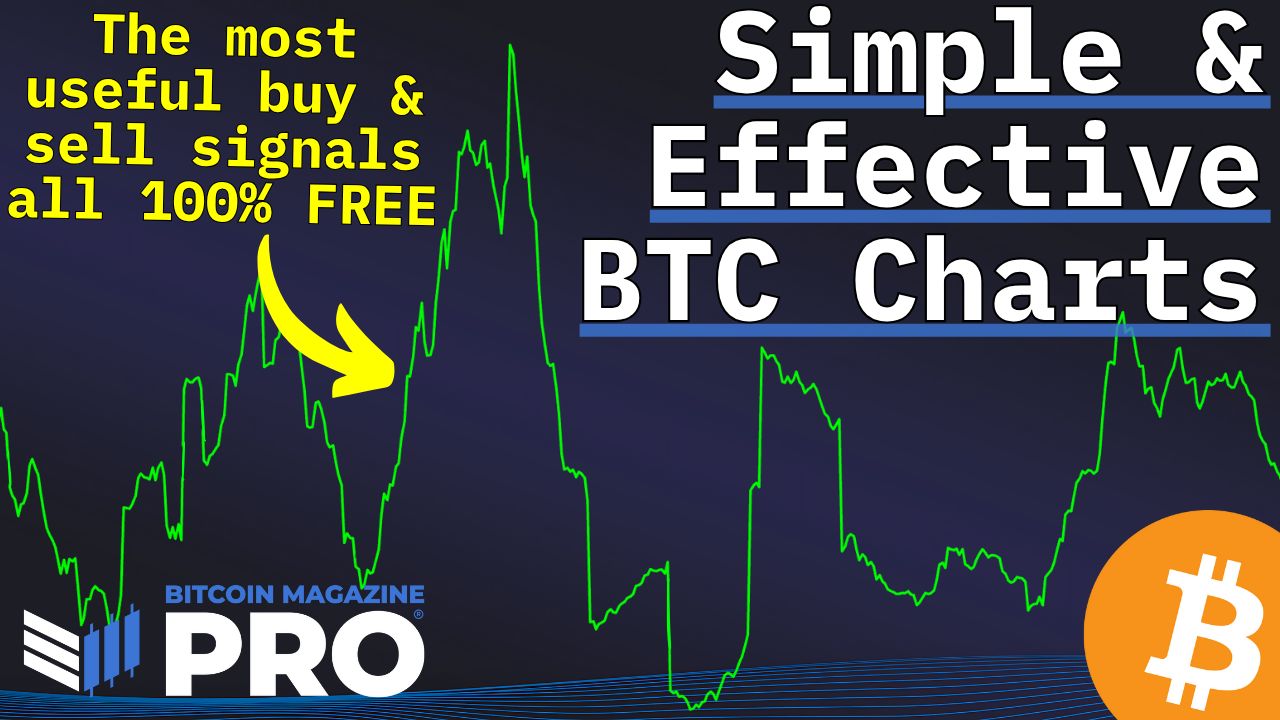Asia’s leadership in tokenization is drawing growing attention from global investors, with regulatory clarity in the region attracting capital that was once on the sidelines, according to Maarten Henskens, head of protocol growth at Startale Group.
“We’re seeing Western institutions set up Asia-Pacific operations not just to follow capital, but to participate in innovation,” he told Cointelegraph. Henskens pointed out the distinct yet complementary approaches taken by Japan and Hong Kong to advance real-world asset (RWA) adoption.
Japan’s regulatory framework has been deliberate and forward-looking, establishing a strong foundation of institutional trust. “MUFG’s infrastructure for security token issuance is a good example of how the ecosystem is maturing,” he noted.
Japan’s Payment Services Act (PSA) also allows trusted stablecoins to hold up to 50% of their reserves in low-risk government bonds and term deposits, demonstrating a thoughtful approach to regulation.
Hong Kong, by contrast, has moved swiftly, launching the Ensemble Sandbox as a fast-track regulatory innovation hub. “While Japan is building long-term depth, Hong Kong is showing how agility can bring experimentation to life,” Henskens said.
Related: ‘Everything is lining up’ — Tokenization is having its breakout moment
Tokenized bonds and ETFs drive adoption
The rise of tokenized bonds and ETFs is playing a key role in bringing traditional investors into crypto markets. In Japan, real estate security tokens are making previously closed markets accessible to retail investors, sometimes more so than traditional J-REITs.
Tokenization streamlines fund administration and increases transparency, allowing asset managers to connect directly with end-users. “This efficiency, paired with improved transparency, could make these products compelling to traditional investors who might not otherwise enter the crypto space,” Henskens said.
He flagged cross-border interoperability as the next major milestone. “Seamless and compliant movement of tokenized assets across jurisdictions” will be critical for scaling adoption.
In Asia, this means linking infrastructure across countries like Japan and Hong Kong, while globally, regulatory frameworks must reflect the technical realities of tokenized finance, especially around settlement, compliance, and custody.
Related: Dubai launches first licensed tokenized real estate project in MENA region
Dubai’s tokenization push
Dubai has been another Asian country making strides in tokenization. The city’s regulatory authorities have introduced progressive frameworks that encourage the issuance and trading of tokenized securities, attracting global investors and fintech firms.
In May, the Virtual Asset Regulatory Authority, Dubai’s crypto regulator, updated its guidelines to include provisions for RWA tokenization. Lawyer Irina Heaver told Cointelegraph these rules give issuers and exchanges a clear path to launch and trade tokenized real estate assets.
Last month, the Dubai Land Department, in collaboration with VARA and top developers, successfully tokenized and sold two apartments, with the entire offering selling out within minutes, according to Heaver. Buyers came from over 35 countries, and notably, 70% were first-time real estate investors in Dubai.
“We’re already seeing a network effect: innovation in one jurisdiction sparks progress in another,” Henskens said. “Different regions may optimize for different outcomes, and that’s a strength, not a liability,” he added.
Magazine: Tokenizing music royalties as NFTs could help the next Taylor Swift




Leave a Comment